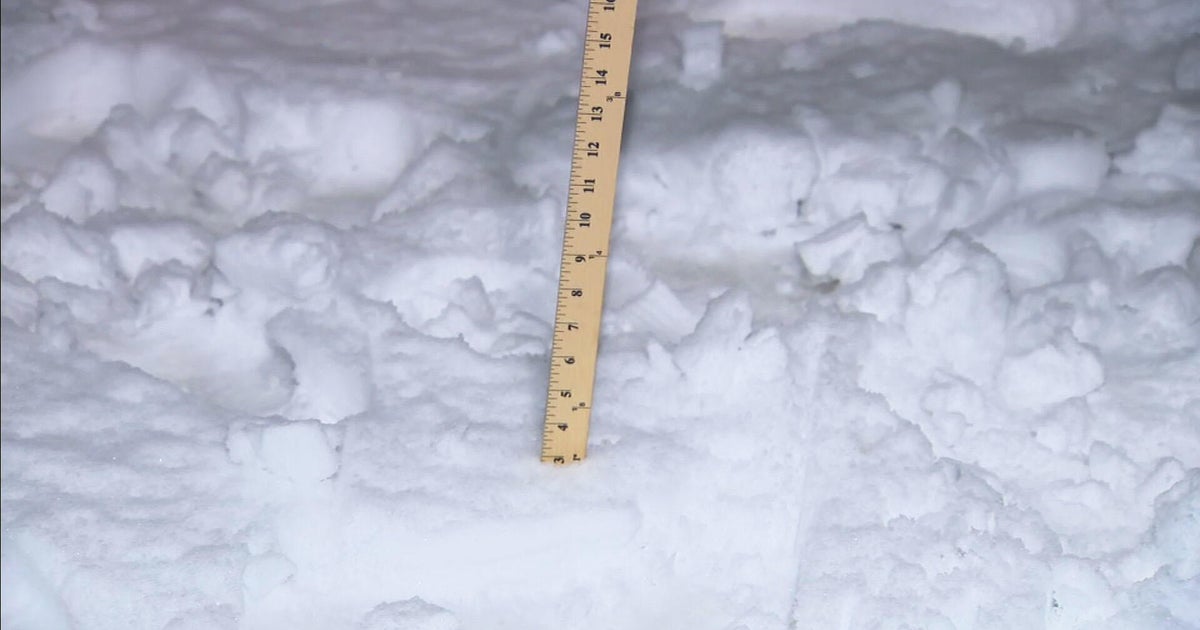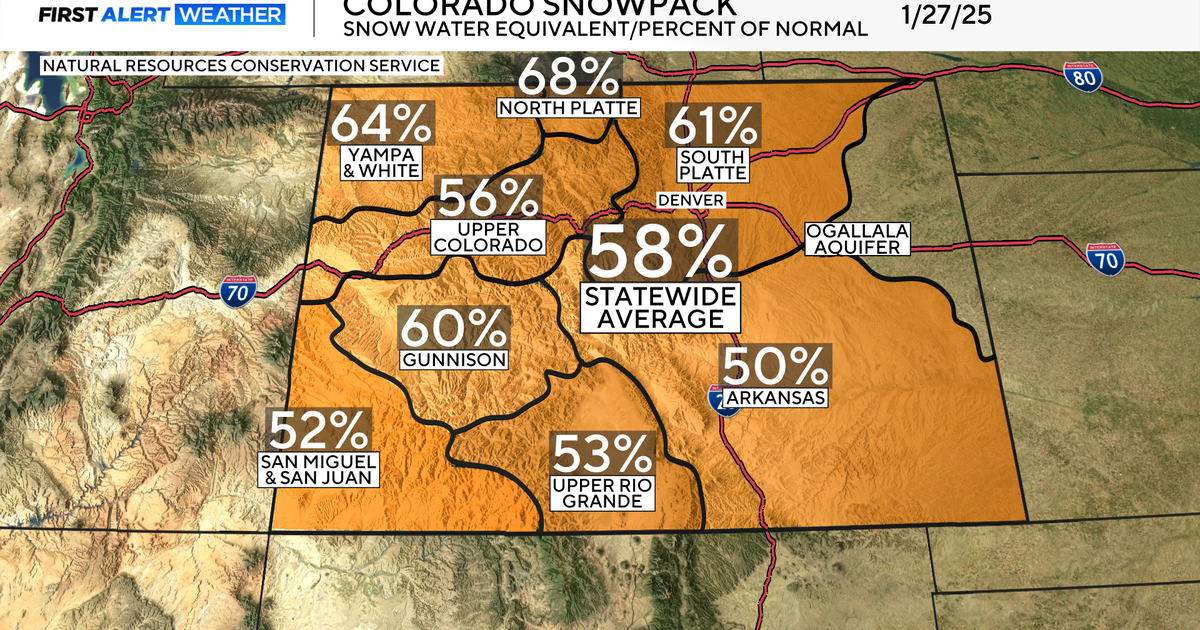Allergy season arriving early after mild winter
CHICAGO (CBS) -- For allergy sufferers, it's the dreaded time of year when they'll soon be suffering watery eyes, an itchy or runny nose, and sneezing. Those irritating symptoms are coming a bit earlier than usual this year.
A stroll in the park is enjoyable for most, but when you have allergies a walk in the park isn't always so nice.
"I do sneeze a lot, and my eyes get runny and itchy; lots of itching. Even my cats have been sneezing," said allergy sufferer Sherrie Travis.
Her allergies started earlier this year.
"It came on, I would say, in late January or early February even. I started noticing itchiness and sneezing, and started taking something over-the-counter to kind of get away from the sneezes and the runny nose, and I'm always carrying Kleenex with me," she said.
Dr. Rachna Shah said there's a reason Travis and the 25% of Americans who suffer from seasonal allergies could be experiencing symptoms now.
"It's been a very unusual allergy season, with tree pollen coming early, and with it just being such beautiful weather," she said.
Shah is an allergist, immunologist, and the leader of the Loyola Medicine Allergy Count at Gottlieb Memorial Hospital in Melrose Park. Pollen counters on the hospital rooftop have been at the center of keeping the pollen count for more than 20 years, between the months of April and September.
"It's a machine that has a slide that's changed every day, and the slide moves along kind of like this almost like a watch kind of surface, and it collects pollen … constantly, but it moves every 15 seconds. So we get a 24-hour collection from this machine," Shah said.
The official count starts on April 1. Each weekday, the collected pollen is put under a microscope to determine whether the count is low, moderate, high, or very high.
"We're able to count the pollen, and identify which trees are more prevalent. We're also seeing quite a bit of mold that's in the air. Anytime it's above freezing, we see higher mold counts. So we're able to see those as well," Shah said.
What can allergy sufferers do? Shah said if over-the-counter nasal sprays and medications don't do the trick, she suggests seeing an allergist to determine what you're allergic to. Allergy count results are posted on Loyola's website, and can help those suffering prepare for their day.








